
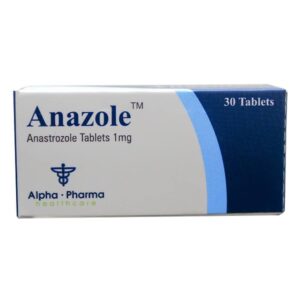
Buy ANAZOLE (ANASTROZOLE) Online
$21.14
CHARACTERISTICS
ACTIVE HALF-LIFE 2 DAYS
CLASSIFICATION NON-STEROIDAL AROMATASE INHIBITOR
DOSAGE 0.5-1 MG/DAY
ACNE NO
WATER RETENTION NO
HBR NO
HEPATOTOXICITY NO
AROMATIZATION NO
ACTIVE SUBSTANCE ANASTROZOLE
FORM 30 PILLS X 1 MG
MANUFACTURER ALPHA PHARMA

Buy ANAZOLE (ANASTROZOLE) Online
$21.14
- Description
- Reviews (0)
Description
Chemical name: 2,2′-[5-(1H-1,2,4-triazol-1-ylmethyl)-1,3-phenylene]bis(2-methylpropanenitrile)
Formula: C17H19N5
Anabolic activity index: not a steroid
Androgenic activity index: not a steroid
ANAZOLE 1mg – ALPHA PHARMA
Introduction
Anazole, with anastrozole as its active ingredient, stands as a cornerstone in the treatment of hormone receptor-positive breast cancer. As an aromatase inhibitor, Anazole plays a vital role in suppressing estrogen production, thereby slowing the growth of estrogen-sensitive tumors. This description aims to provide a comprehensive overview of the characteristics, clinical applications, and considerations associated with Anazole (Anastrozole).
Mechanism of Action
Anazole operates by inhibiting the enzyme aromatase, which is responsible for converting androgens into estrogen. By blocking estrogen production, Anazole effectively reduces the levels of estrogen in the body, depriving hormone receptor-positive breast cancer cells of the estrogen they need to grow and proliferate.
Clinical Applications
- Hormone Receptor-Positive Breast Cancer: Anazole is primarily indicated for the treatment of hormone receptor-positive breast cancer in postmenopausal women. It may be used as adjuvant therapy following surgery or as first-line therapy for advanced or metastatic breast cancer.
Dosage Forms and Strengths
Anazole is commonly available in oral tablet form, with standard dosage strengths typically ranging from 1mg per tablet. The prescribed dosage and duration of treatment are determined by the treating oncologist based on individual patient factors and the specific characteristics of the cancer being treated.
Characteristics and Considerations
- Selective Estrogen Suppression: Anazole specifically targets estrogen production, offering a more selective approach to hormone therapy for breast cancer compared to other treatments like tamoxifen, which blocks estrogen receptors.
- Adjuvant Therapy: In the adjuvant setting, Anazole is used to reduce the risk of recurrence in women with early-stage hormone receptor-positive breast cancer following surgery or other primary treatments.
- Bone Health: Anazole may have a protective effect on bone health in postmenopausal women, as estrogen plays a crucial role in maintaining bone density. Regular monitoring of bone health and supplementation with calcium and vitamin D may be recommended during Anazole therapy.
- Adverse Effects: Common side effects associated with Anazole may include hot flashes, joint pain, fatigue, and osteoporosis. These side effects are generally manageable and tend to improve over time.
- Endocrine Therapy Combinations: Anazole may be used in combination with other endocrine therapies, such as selective estrogen receptor modulators (SERMs) or ovarian suppression, to enhance treatment efficacy in certain cases.
Conclusion
Anazole, featuring anastrozole as its active component, represents a significant advancement in hormone therapy for hormone receptor-positive breast cancer. Its ability to selectively suppress estrogen production offers new avenues for managing and treating this prevalent form of breast cancer. As with any cancer treatment, the decision to use Anazole involves careful consideration of individual patient factors, ongoing monitoring, and close collaboration between patients and healthcare providers. Anazole stands as a vital tool in the fight against breast cancer, providing hope and improved outcomes for countless individuals on the journey toward healing and recovery.
Be the first to review “Buy ANAZOLE (ANASTROZOLE) Online” Cancel reply
Related Products
Buy ARIMIDEX 1mg (ANASTROZOLE)- ASTRAZENECA Online
Total Sales: 0
SKU: 144443
Buy MERIONAL 150IU (HUMAN MENOPAUSAL GONADOTROPIN) Online
Total Sales: 0
SKU: 368393
Buy PROVIRON 25mg - PARA PHARMA Online
Total Sales: 0
SKU: 976618
Buy TAMILONG 20 (TAMOXIFEN CITRATE) Online
Total Sales: 0
SKU: 946623




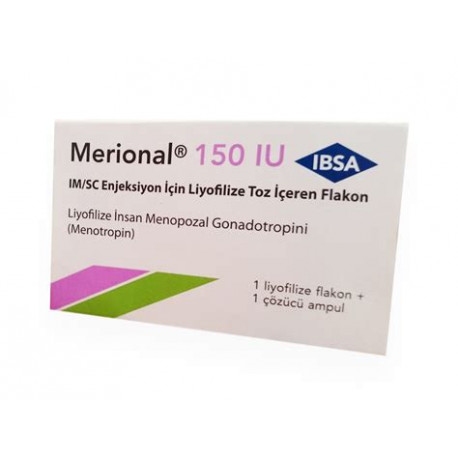
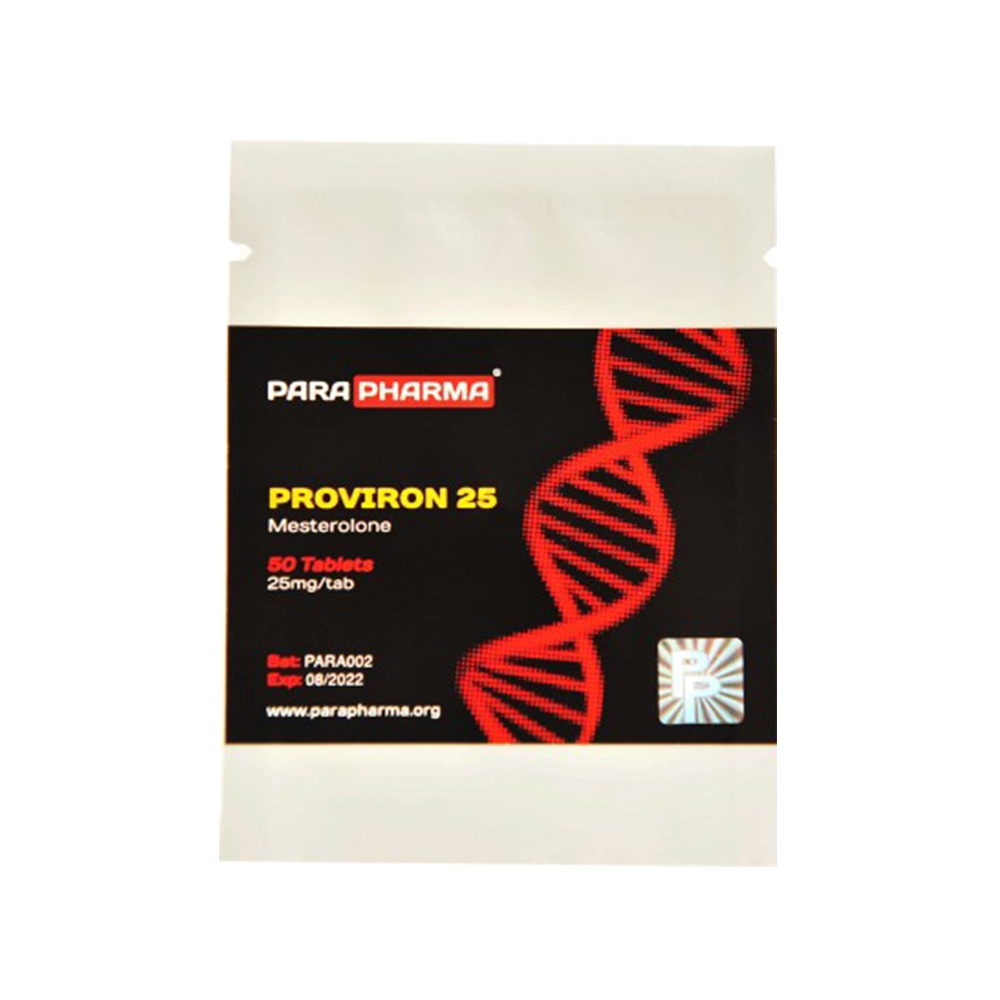
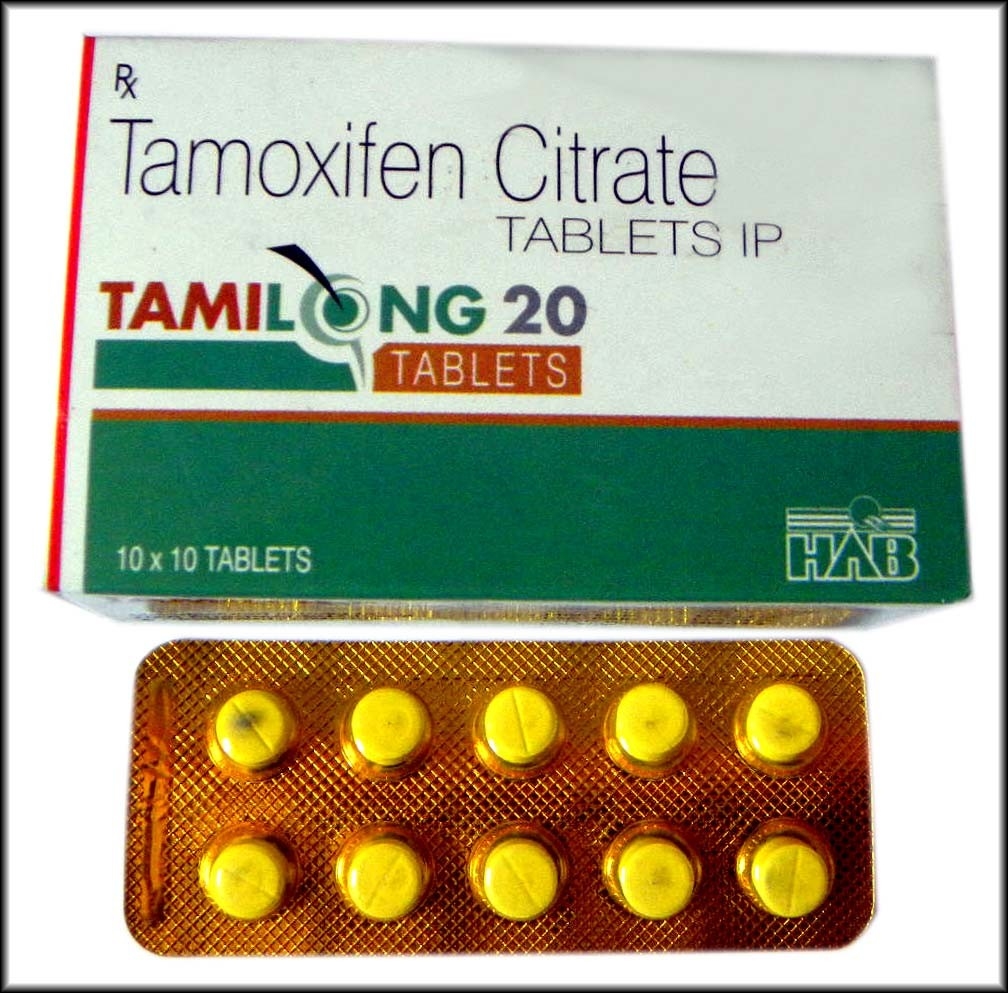
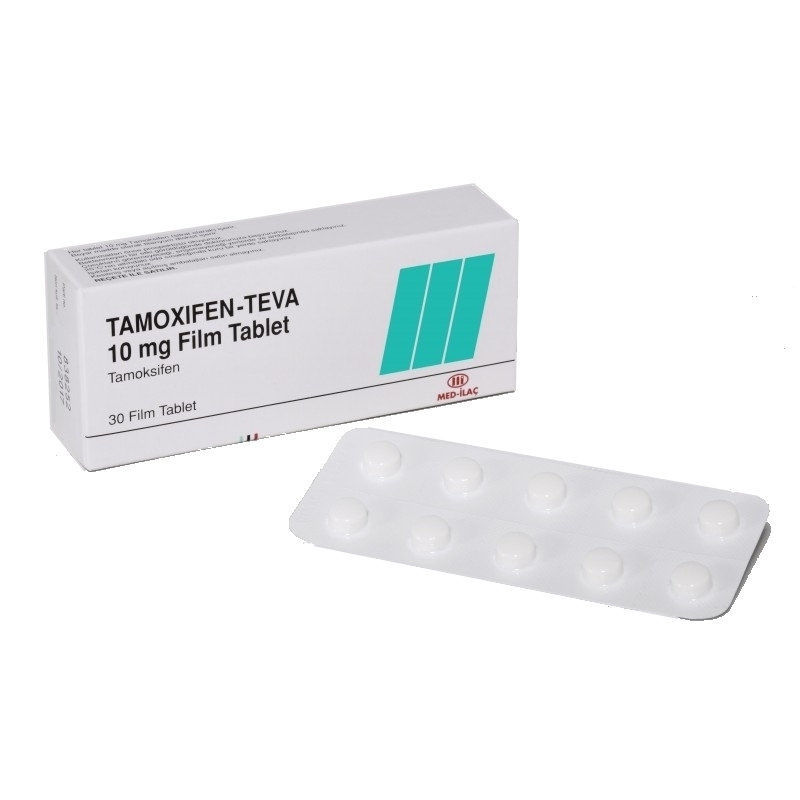
Reviews
There are no reviews yet.